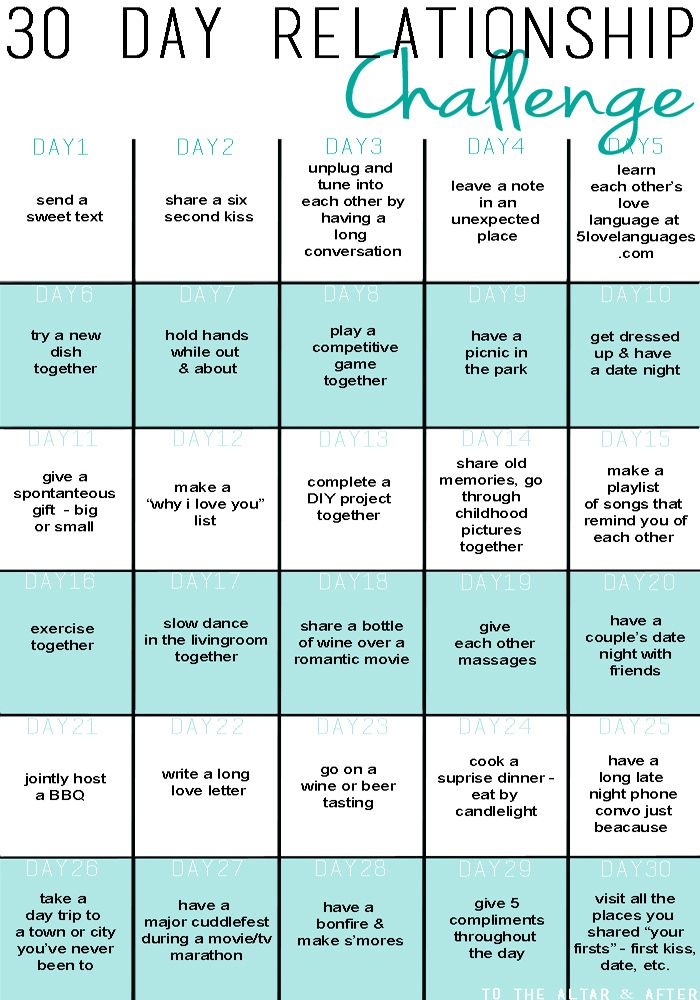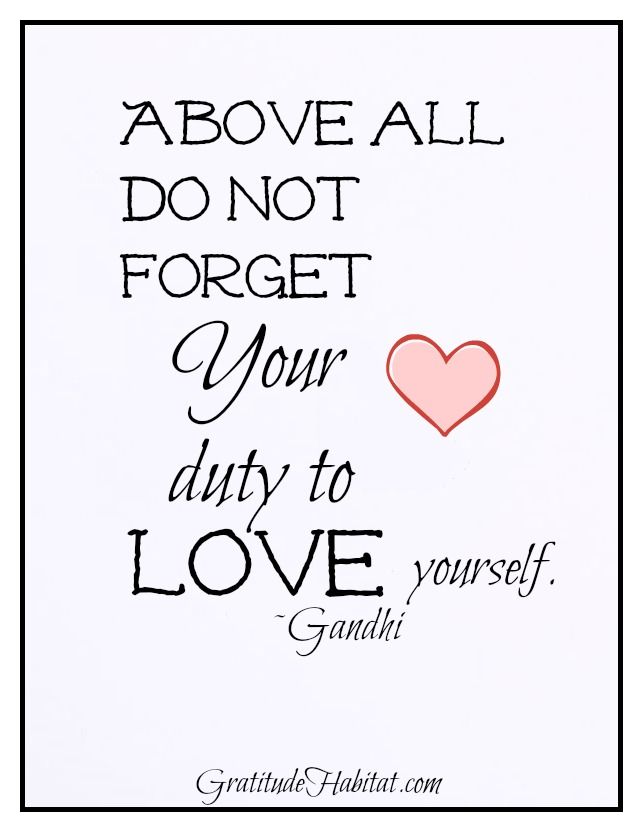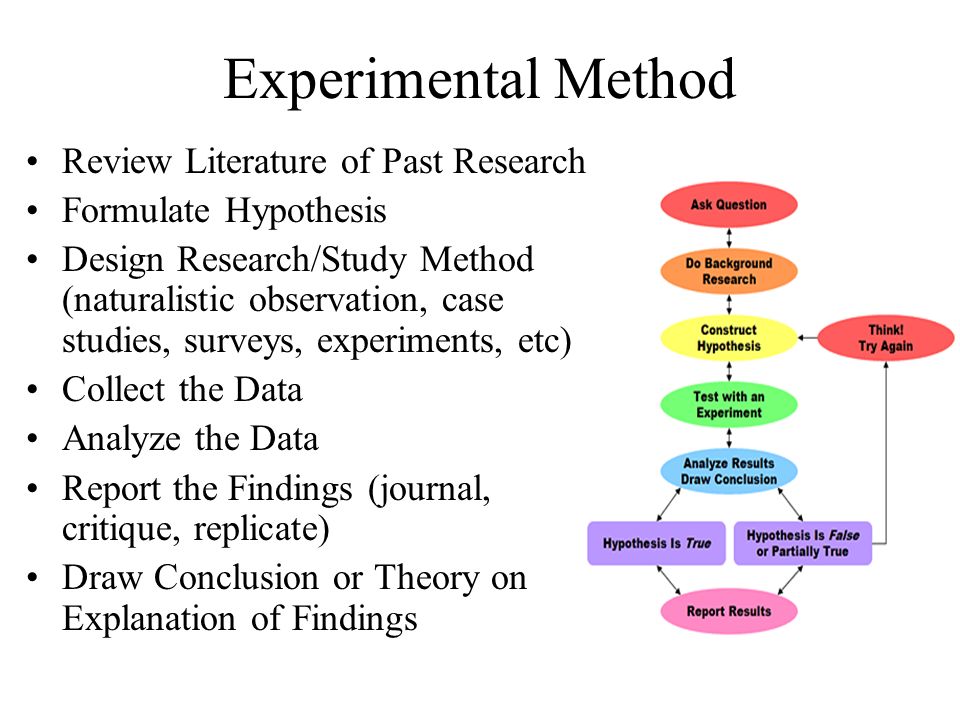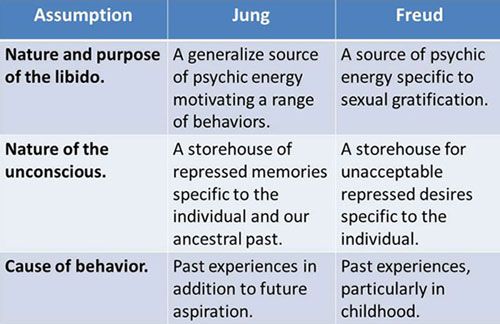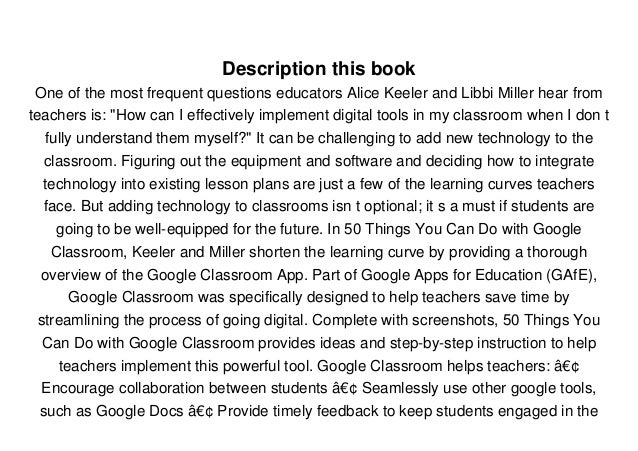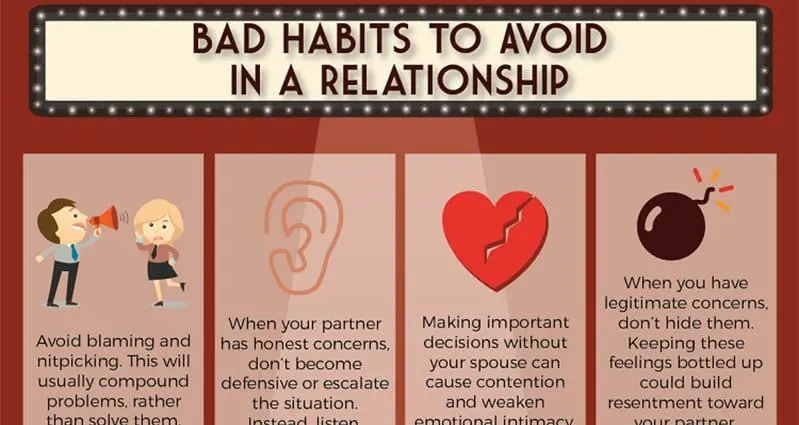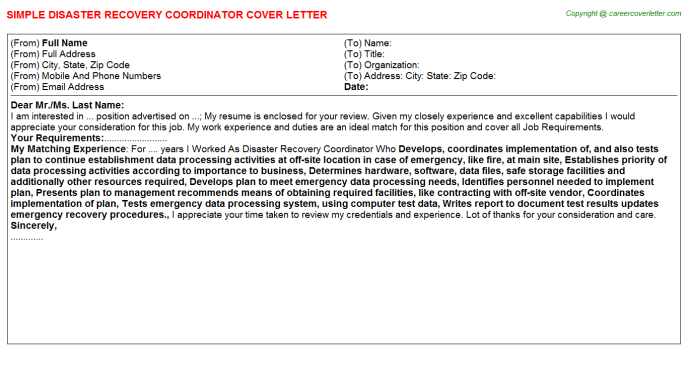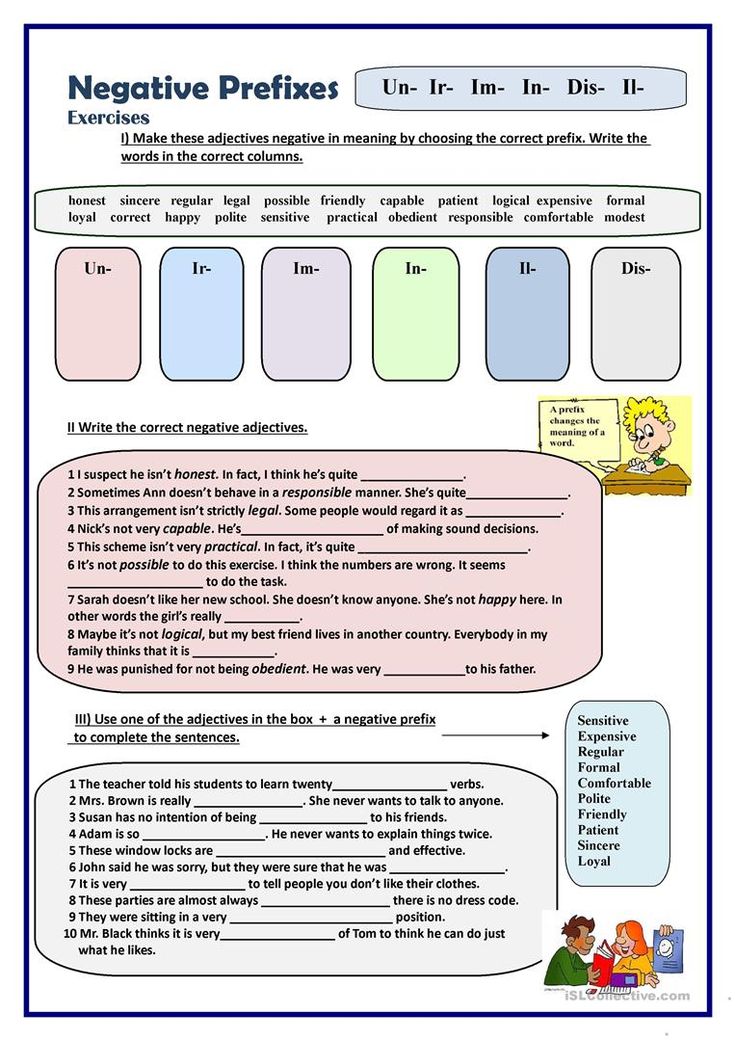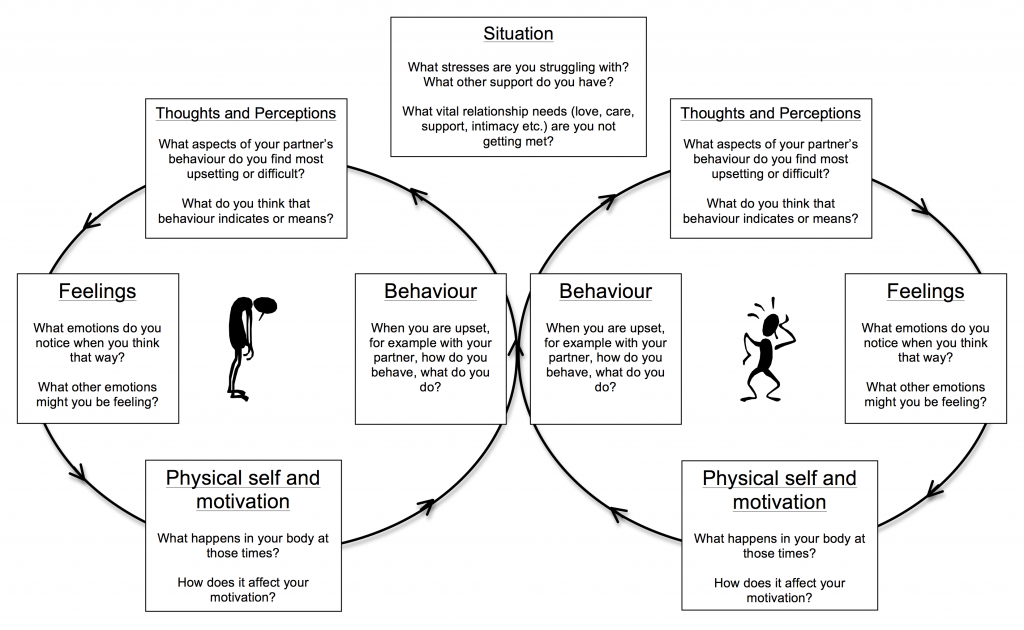Get over past relationship
10 Steps to Move On Peacefully
“The amount of happiness that you have depends on the amount of freedom you have in your heart.” ~Thich Nhat Hanh
Nine years ago my heart was in a million little pieces that formed the basis for a million regrets.
I had my first serious relationship in college, when all my insecurities came to a head. My ex-boyfriend had to juggle multiple roles, from therapist to cheerleader to babysitter.
The whole relationship revolved around holding me up. I realized this soon after it ended—that I’d spent three years expecting someone else to love me when I didn’t love myself. The guilt and shame kept me single for almost a decade.
I dated, but it was always casual. I’d start getting close to someone and then find a way to sabotage it.
Long after I let go of the man, feelings about the relationship held me back. I was afraid of being vulnerable. I was afraid of being hurt. But mostly I was afraid of hurting someone else again and having to live with that.
If you’ve been holding onto an old relationship, now is the perfect time to let go. Here’s how you can start moving on.
1. Practice releasing regrets.
When a relationship ends, it’s tempting to dwell on what you did wrong or what you could have done differently. This might seem productive—like you can somehow change things by rehashing it. You can’t. All dwelling does is cause you to suffer.
When you start revisiting the past in your head, pull yourself into the moment. Focus on the good things in your current situation: the friends who are there for you and the lessons you’ve learned that will help you with future relationships.
It might help to tell your friends to only let you vent for ten minutes at a time. That way you’re free to express your feelings, but not drown in them.
2. Work on forgiving yourself.
You might think you made the biggest mistake of your life and if only you didn’t do it, you wouldn’t be in pain right now. Don’t go down that road—there’s nothing good down there!
Don’t go down that road—there’s nothing good down there!
Instead, keep reminding yourself that you are human. You’re entitled to make mistakes; everyone does. And you will learn from them and use those lessons to improve your life.
Also, keep in mind: if you want to feel love again in the future, the first step is to prepare yourself to give and receive it. You can only do that if you feel love toward yourself. And that means forgiving yourself.
3. Don’t think about any time as lost.
If I looked at that unhealthy relationship or the following decade as time lost, I’d underestimate all the amazing things I did in that time. True, I was single throughout my twenties, but that made it easier to travel and devote myself to different passions.
If you’ve been clinging to the past for a while and now feel you’ve missed out, shift the focus to everything you’ve gained. Maybe you’ve built great friendships or made great progress in your career.
When you focus on the positive, it’s easier to move on because you’ll feel empowered and not victimized (by your ex, by yourself, or by time. ) Whatever happened in the past, it prepared you for now—and now is full of opportunities for growth, peace, and happiness.
) Whatever happened in the past, it prepared you for now—and now is full of opportunities for growth, peace, and happiness.
4. Remember the bad as well as the good.
Brain scientists suggest nearly 20 percent of us suffer from “complicated grief,” a persistent sense of longing for someone we lost with romanticized memories of the relationship. Scientists also suggest this is a biological occurrence—that the longing can have an addictive quality to it, actually rooted in our brain chemistry.
As a result, we tend to remember everything with reverie, as if it was all sunshine and roses. If your ex broke up with you, it may be even more tempting to imagine she or he was perfect and you weren’t. In all reality, you both have strengths and weaknesses and you both made mistakes.
Remember them now. As I mentioned in the post 40 Ways to Let Go and Feel Less Pain, it’s easier to let go of a human than a hero.
5. Reconnect with who you are outside a relationship.

It’s quite possible you lived a fulfilling single life before you got into this relationship. And maybe you felt strong, satisfied, and happy, if not with everything in your life, on the whole.
Remember that person now. Reconnect with any people or interests that may have received less attention while you were attached.
Your former self attracted your ex, and they’re still there inside you. That person will get you through this loss and will attract someone equally amazing in the future, when the time is right. If you can’t remember who you were, get to know yourself now. What’s important to you? What do you enjoy? What makes you feel alive?
If you never felt satisfied and happy on your own, use this as opportunity to become the kind of person you’d want to be with, because you’re going to be with yourself forever, regardless of your relationship status. And though someone else can complement your life, you are the only one who can fill yourself from the inside out.
6. Create separation.
Hope can be a terrible thing if it keeps you stuck in the past. It’s not easy to end all contact when you feel attached to someone. Breaking off the friendship might feel like ruining your chances at knowing love again.
It’s helped me to change my hopes to broader terms. So instead of wanting a specific person to re-enter your life, want love and happiness, whatever that may look like.
You will know love again. You won’t spend the rest of your life alone. In one way or another, you will meet all kinds of people and create all kinds of possibilities for relationships—if you forgive yourself, let go, and open yourself up, that is.
7. Let yourself feel.
Losing a relationship can feel like a mini-death, complete with a grieving process.
First, you’re shocked and in denial. You don’t believe it’s over and you hold out hope. Next, you feel hurt and guilty. You should have done things differently. If you did you wouldn’t be in this pain.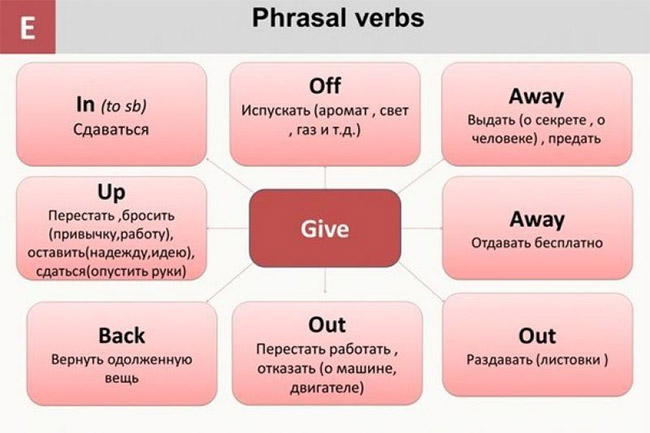
Then, you feel angry and maybe even start bargaining. It would be different if you gave it a second go. You wouldn’t be so insecure, defensive, or demanding. Then you might feel depressed and lonely as it hits you how much you’ve lost.
Eventually, you start accepting what happened and shift your focus from the past to the future.
You have to go through the feelings as they come, but you can help yourself get through them faster. For example, if you’re dwelling in guilt, make forgiving yourself a daily practice. Read books on it, meditate about it, or write about it in a journal.
8. Remember the benefits of moving on.
When you let go, you give yourself peace.
Everything about holding on is torturous. You regret, you feel ashamed and guilty, you rehash, you obsess—it’s all an exercise in suffering. The only way to feel peace is to quiet the thoughts that threaten it.
Letting go opens you up to new possibilities.
When you’re holding onto something, you’re less open to giving and receiving anything else.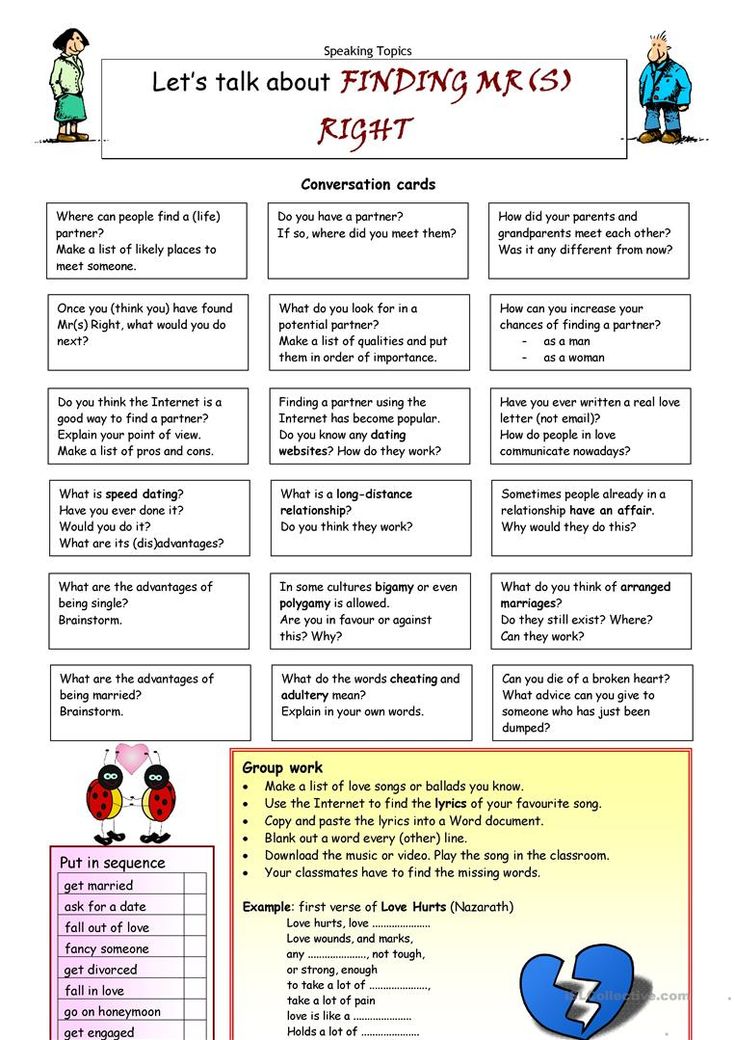
If you had your arms wrapped around a huge bucket of water, you wouldn’t be able to give anything other than that bucket, or grab anything else that came your way. You might even struggle breathing because you’re clutching something so all-encompassing with so much effort.
You have to give to receive. Give love to get love, share joy to feel joy. It’s only possible if you’re open and receptive.
9. Recognize and replace fearful thoughts.
When you’re holding onto a relationship, it’s usually more about attachment than love. Love wants for the other person’s happiness. Fear wants to hold onto whatever appears to make you happy so you don’t have to feel the alternative.
You might not recognize these types of fearful thoughts because they become habitual. Some examples include: I’ll never feel loved again. I’ll always feel lonely. I am completely powerless.
Replace those thoughts with: All pain passes eventually. It will be easier if I help them pass by being mindful.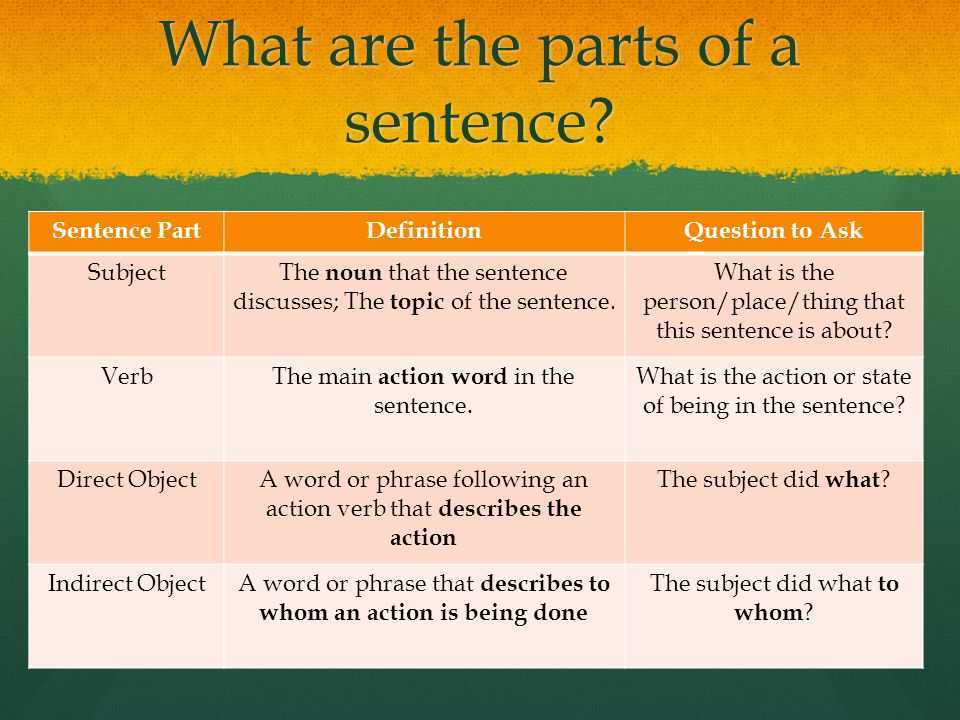 I can’t always control what happens to me, but I can control how I respond to it.
I can’t always control what happens to me, but I can control how I respond to it.
10. Embrace impermanence.
Nothing in life lasts forever. Every experience and relationship eventually runs its course.
The best way to embrace impermanence is to translate it into action. Treat each day as a life unto itself. Appreciate the people in front of you as if it were their last day on earth. Find little things to gain in every moment instead of dwelling on what you lost.
When I feel like clinging to experiences and people, I remind myself the unknown can be a curse or an adventure. It’s up to me whether or not I’m strong and positive enough to see it as the latter.
—
It took me eight years to work through my feelings about relationships and letting go; but I am happy to report I am fifteen months into a healthy relationship, standing firmly on my own two feet. In fact, last night he flew from California to Boston, where I’ve been visiting for the last two weeks, to spend time with me and my family.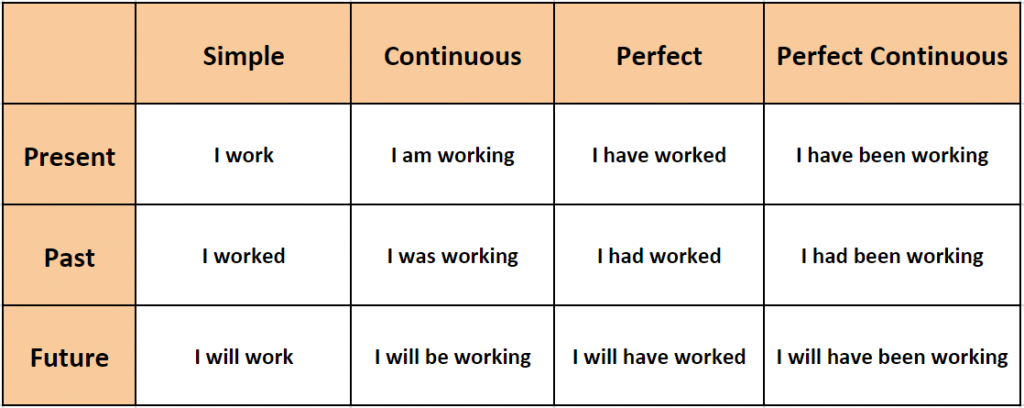
I don’t regret the time when I was single, but I know now I could have hurt less and created even more possibilities for myself if I put more effort into completely letting go. I hope you’ll make that choice.
Update: As you can see from the comment section, I have received many requests for advice, and I have done my best to offer guidance and support. However, I feel a responsibility to express that this post presents my own personal experiences and lessons. I am not an expert on relationships, and I hold no formal training in psychology or counseling. If you are in a physically or emotionally abusive or otherwise unhealthy relationship, I highly recommend you consult a qualified professional.
Update #2: Due to the high volume of requests for advice, on this and other posts, I may not be able to respond to your comment. However, you are more than welcome to share your experiences! Other readers may be able to offer their insights. Alternatively, you may want to join the Tiny Buddha forums to seek guidance and support from the community.
Alternatively, you may want to join the Tiny Buddha forums to seek guidance and support from the community.
About Lori Deschene
Lori Deschene is the founder of Tiny Buddha. She’s also the author of Tiny Buddha’s Gratitude Journal, Tiny Buddha's Worry Journal, and Tiny Buddha's Inner Strength Journal and co-founder of Recreate Your Life Story, an online course that helps you let go of the past and live a life you love. For daily wisdom, join the Tiny Buddha list here. You can also follow Tiny Buddha on Facebook, Twitter, and Instagram.
See a typo or inaccuracy? Please contact us so we can fix it!
Tips for relationships, regret, and trauma
Letting go of the past can be challenging. Events that people found difficult can have a significant influence on their daily life, from their beliefs to the decisions they make.
Some examples of past events that can be difficult to let go of include:
- intimate relationships
- perceived successes or failures
- mistakes or regrets
- events that were upsetting or disturbing
However, there are ways to address the lingering effects of past experiences.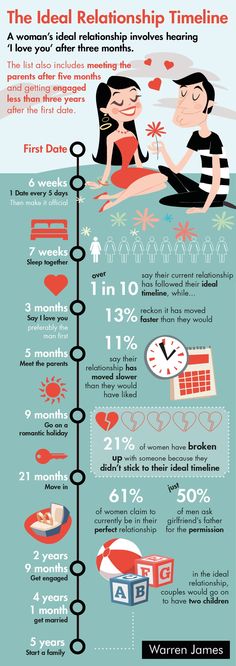 This may involve practicing self-compassion, trying mindfulness as a way of focusing on the present moment, or seeking therapy to explore unresolved feelings.
This may involve practicing self-compassion, trying mindfulness as a way of focusing on the present moment, or seeking therapy to explore unresolved feelings.
This article will look at how people can let go of past traumas and hurts, why doing this can be difficult, and some tips for specific situations.
Life experiences affect people in a variety of ways. Some people find it easy to move on after a difficult experience, while others find that these experiences have a lasting impact on their mental health.
People who struggle to let go of specific events from the past may have experienced trauma. Trauma is a kind of psychological wound that can result from any distressing experience, such as loss, danger, or deep embarrassment.
Often, people associate trauma with being involved in a violent event, such as war. However, it can affect anyone. The distress it causes can also change how people think.
Some people experience rumination, or a tendency to think excessively about the same things.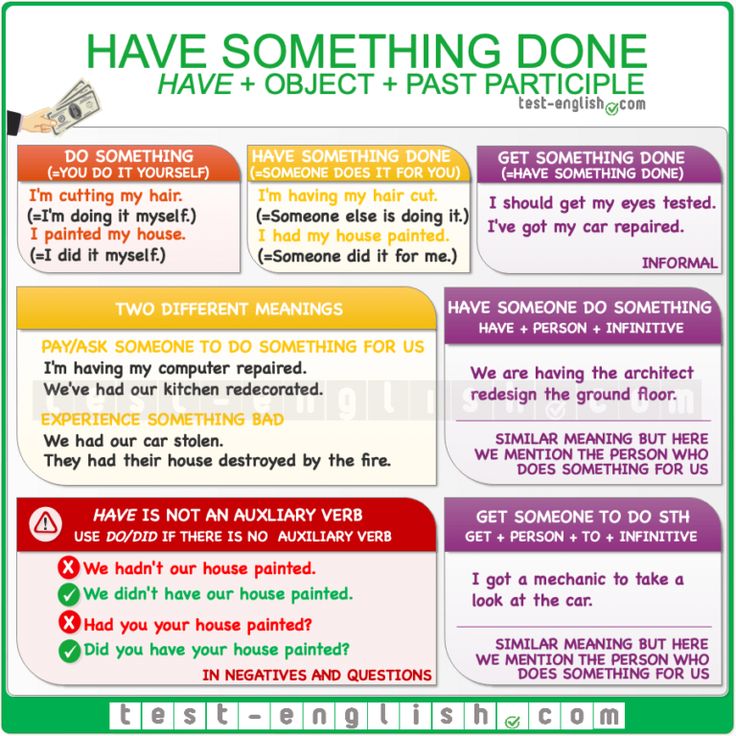 According to an article in the American Psychological Association’s Monitor on Psychology, people who ruminate often have a history of trauma and believe that ruminating helps them gain insight.
According to an article in the American Psychological Association’s Monitor on Psychology, people who ruminate often have a history of trauma and believe that ruminating helps them gain insight.
However, rumination may actually make it more difficult to solve problems, thereby preventing people from moving forward. It is a common feature of depression, obsessive-compulsive disorder, generalized anxiety disorder, and post-traumatic stress disorder (PTSD).
People can also hold onto the past for other reasons. For example, they may long for positive experiences that are now over or dwell on past events because of an unconscious desire to avoid being hurt in the future.
The following steps may help people begin to move on from troubling memories, such as past mistakes or regrets.
Make a commitment to let go
The first step toward letting go is realizing that it is necessary and feeling ready to do so. This can happen at different times for different people, but once someone makes this decision, it can be empowering.
Feel the feelings
Memories of past events can bring up complex or strong emotions. Allowing oneself to feel those feelings unconditionally, without trying to fight or fix them, is an important step toward processing what happened.
This can be difficult, so it may help to express these feelings in a safe place, such as in a journal, with a trusted friend, or with a therapist.
Take responsibility
If relevant, it can help people who feel guilt, embarrassment, or shame about the past to take responsibility for their role in the event. This does not mean blaming oneself, but simply acknowledging what happened and taking ownership of past actions.
This can help people feel less helpless and feel that if they can take responsibility for the past, they can do the same for the future.
Practice mindfulness
Mindfulness is a skill that encourages people to focus on what is happening in the present. This can help people who struggle with rumination.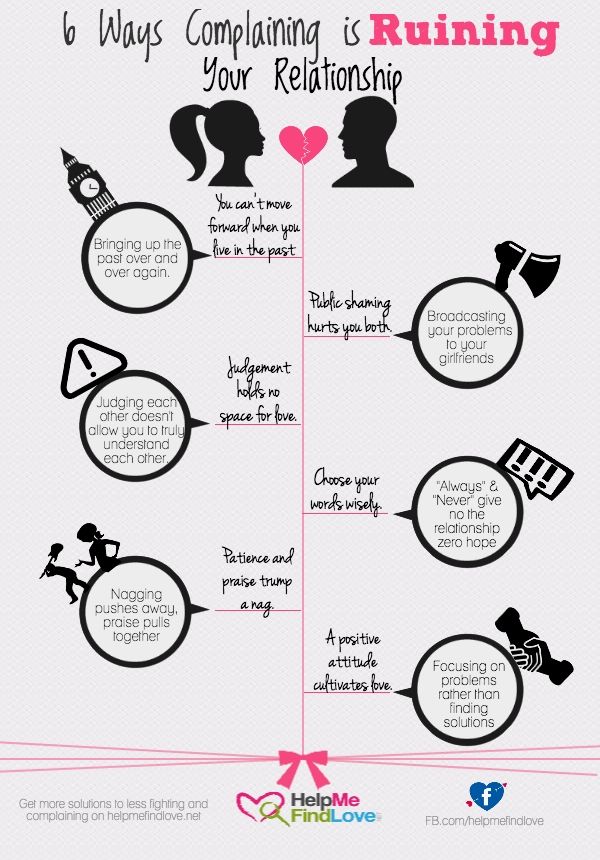
One 2016 paper suggests that people who are more mindful experience less rumination and are more likely to be compassionate toward themselves.
Some ways to practice mindfulness include:
- noticing small joys, such as the taste of a delicious meal or the warmth of the sun on the skin
- spending time in nature, bringing attention back to the environment whenever the mind wanders
- engaging in mindful, creative hobbies, such as drawing or playing musical instruments
- practicing mindfulness meditation
There are many ways to meditate. Beginners trying mindfulness meditation can try:
- sitting somewhere quiet, with no distractions
- closing the eyes and taking several deep breaths
- focusing on inhaling and exhaling
- when thoughts of the past come up, simply allowing them for a moment before returning the focus to breathing
This continual process of returning to the present is the basis of mindfulness. Some may find it helpful to visualize their thoughts floating away, while others may prefer to repeat a phrase that reminds them of the present.
Some may find it helpful to visualize their thoughts floating away, while others may prefer to repeat a phrase that reminds them of the present.
Practice self-compassion
Self-compassion involves treating oneself with kindness, care, and forgiveness.
People can practice self-compassion by changing their self-talk. This involves noticing when their thoughts become critical and replacing them with more forgiving alternatives. Keeping a self-compassion journal can be a good way to practice this skill.
It can be particularly difficult to let go of relationships, as humans form deep attachments with each another.
In addition to the above tips, people can take additional steps to let go of a relationship, such as:
- temporarily or permanently limiting contact with ex-partners
- reducing reminders of them, such as by hiding them on social media
- setting and respecting boundaries
- spending time on self-care and personal growth
- focusing on what is possible outside of the relationship
According to psychologist Dr. Gary W. Lewandowski, Jr., older research suggests that thinking about positive aspects of a breakup may help minimize feelings of loss. For example, after a relationship ends, some people may be able to pursue new goals, such as traveling, getting a pet, or finding a new career.
Gary W. Lewandowski, Jr., older research suggests that thinking about positive aspects of a breakup may help minimize feelings of loss. For example, after a relationship ends, some people may be able to pursue new goals, such as traveling, getting a pet, or finding a new career.
People who have been in unhealthy or abusive relationships may require additional support with letting go, as trauma bonding can occur. Trauma bonding refers to having an unhealthy attachment to a person who has treated someone abusively.
Feelings of unresolved anger, betrayal, and resentment are common among those who struggle to let go of a past event. Anger and resentment can also occur in the aftermath of trauma or as an associated feature of PTSD.
Some additional steps to take to manage this emotion include:
Expressing anger in a safe way
Some people feel hesitant about expressing anger. However, psychologist Dr. Howard Kassinove states that anger and aggression are not the same.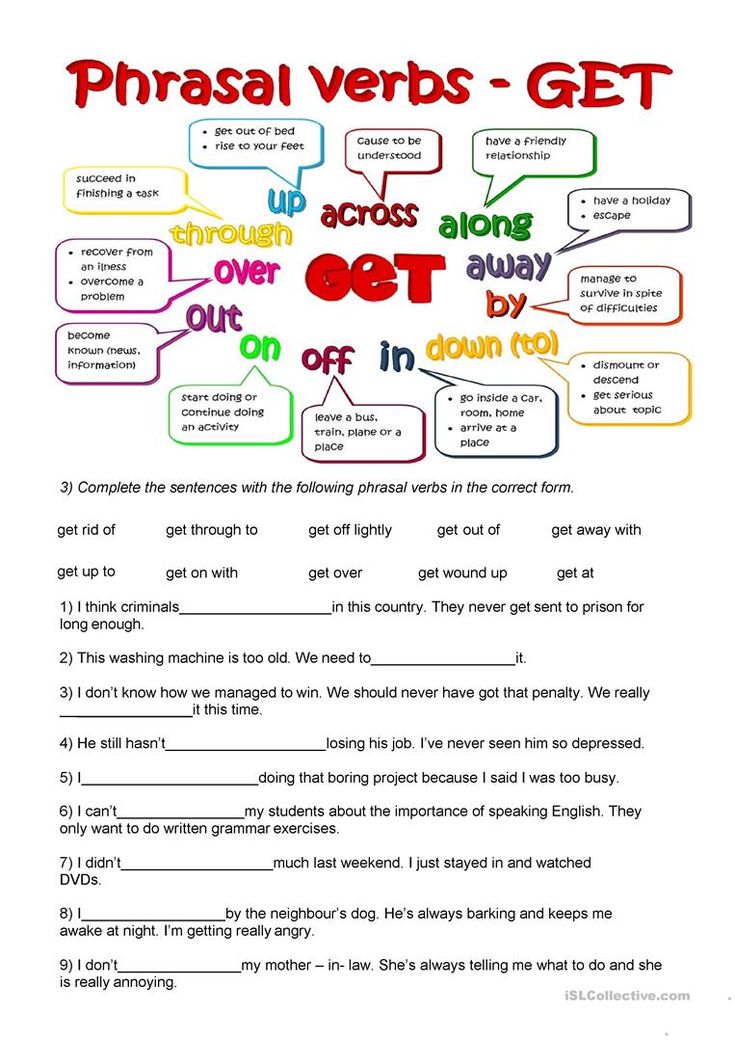 While anger is a feeling and physiological state, aggression involves taking action on those feelings — often in a way that causes harm.
While anger is a feeling and physiological state, aggression involves taking action on those feelings — often in a way that causes harm.
It is possible to express anger in a safe way. For example, people can try:
- writing about their feelings on paper and then throwing it away
- expressing their feelings through art, music, or other creative hobbies
- engaging in exercise or sports, such as running
People with anger as a result of trauma or PTSD may benefit from additional trauma therapies.
Being open to forgiveness
The topic of forgiveness is controversial among people who have experienced wrongdoing, such as betrayal, injustice, or abuse.
However, the National Domestic Violence Hotline emphasize that forgiveness does not mean condoning the harmful actions of others or accepting their apologies.
Instead, forgiveness can mean accepting that someone’s actions were damaging while also letting go of anger in order to benefit one’s own well-being.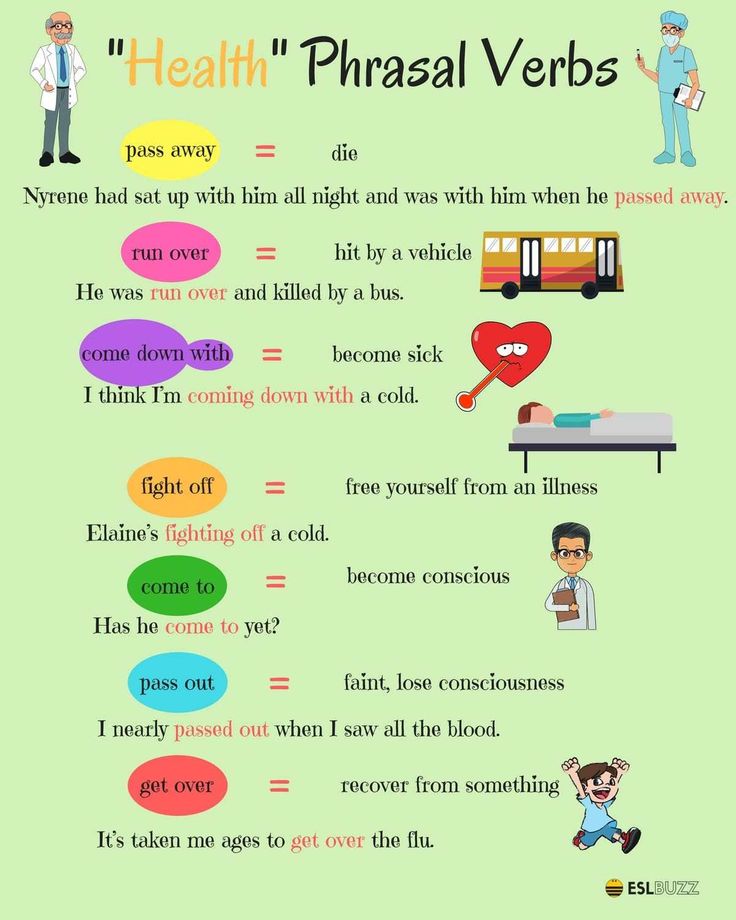
It can take time to work toward forgiving others or forgiving oneself. It may involve processing emotional pain, understanding what caused it, and thinking about what it would take to forgive.
Those who feel the need to control many aspects of their lives may do so because they struggle to trust themselves or others. They may have had adverse experiences that created a fear of uncertainty, causing them to feel that the only solution is to control events as much as possible.
Learning to let go of control may involve:
- identifying why the need for control exists and exploring beliefs surrounding what happens if one “loses” control
- identifying feelings or events that trigger the need for control and thinking of ways to cope with them in a healthier way
- practicing letting go of control in small, manageable steps, such as by delegating a task to somebody else
- beginning to make decisions based on love, rather than fear
Over time, this may help people prove to themselves that they do not need to control things in order to be happy or to solve problems.
If letting go of the past is proving challenging and negative thoughts and emotions persist for weeks or months, people can consider seeing a therapist.
There are many types of therapy, including some low cost options for people who need them. Some common forms of therapy include:
- acceptance and commitment therapy
- cognitive behavioral therapy
- mindfulness-based stress reduction
People with experiences of trauma or PTSD may also benefit from therapies such as eye movement desensitization and reprocessing.
Learn about the different types of therapy here.
Letting go of the past is not always easy, particularly if a person has experienced emotional pain that is unresolved. However, there are ways to move on from the past and improve one’s mental health in the process.
This could include finding a safe space to process difficult feelings, cultivating self-compassion, and practicing mindfulness in order to be more present in the moment.
With time, memories from the past can become easier to deal with.
How to let go of past relationships and start living a new life
Many people feel the pain of breaking up a relationship. They do not have the strength and desire to live in a new way, find time for themselves and look for a new partner. We understand why past relationships do not allow us to live normally and what needs to be done to forget everything and let go.
Why past relationships interfere with life
A storm of emotions. It is difficult to get a person out of your head, even if you could part with him. Especially if one partner abandoned the other, then the gap will be perceived as the loss of a loved one. A person accumulates anger or sadness, he does not experience joy, only devastation. Yes, you have to be angry or suffer, but it is good. After a breakup, time is needed - first, anger transforms into sadness, later a person begins to experience joy from the fact that he can live differently.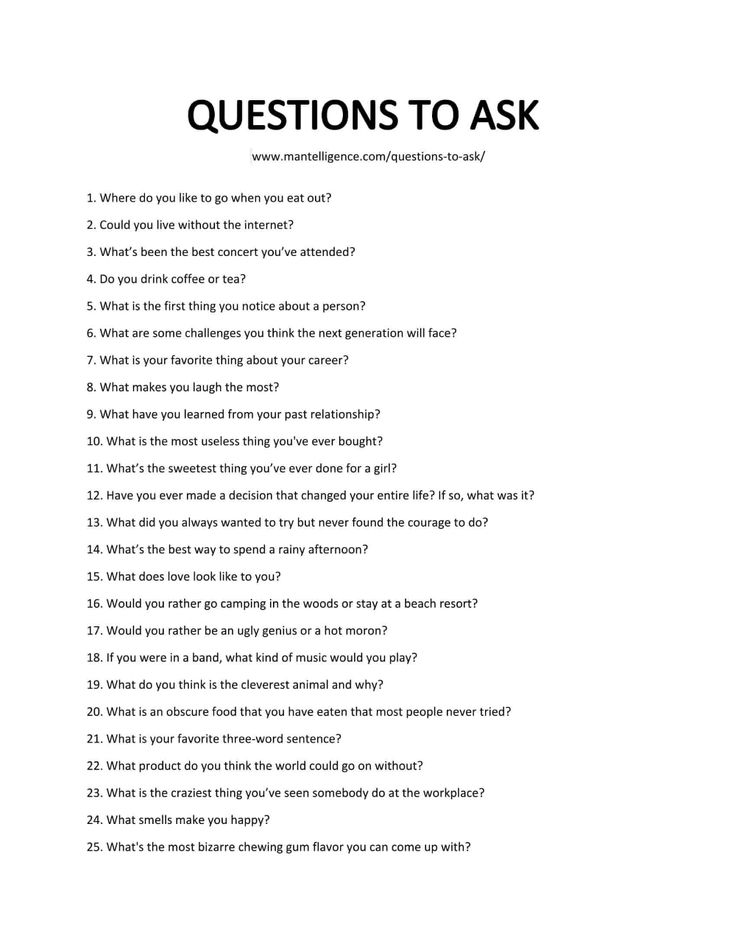 nine0003
nine0003
Shame. Breaking up a relationship often leads to shame - "others manage to keep their families together for many years, but I don't." Shame is dangerous because of its toxicity, because of it hands down, there is no strength to move on and build new relationships or live alone. The shame of a breakup can be so strong that a person turns off social ties in order not to show how bad and how sorry he is.
Breaking habits. In a relationship, people do a lot together: wake up, have breakfast, relax after work, travel. After a breakup, a person has to do everything alone. We have to involve friends in the usual business, but this does not help. It is difficult to adjust to a new regime - sometimes a person did something for another. Now he understands that he did not like breakfasts and walks in the evenings, but does not know how to replace them. nine0003
Annoying partner. Sometimes, after a breakup, one of the partners tries to reconcile and start the relationship over again. The second partner may not have any desire to return to the past - he will experience fear from the persistence of the former, will defend himself, get even more angry. Perhaps he will go to extreme measures: move or file a complaint with the police.
The second partner may not have any desire to return to the past - he will experience fear from the persistence of the former, will defend himself, get even more angry. Perhaps he will go to extreme measures: move or file a complaint with the police.
Why is it difficult to let go of past relationships
Big loss. nine0010 Parting with a partner in strength is equal to the death of a loved one. Sometimes people go through the same stages of grief acceptance: denial, anger, bargaining, depression, acceptance. Therefore, people after divorce are depressed for several months or even years.
Neural connections. If the partners disagree by mutual agreement, it will be easier to part. But getting rid of thoughts about the former is difficult even in this case - the brain needs time to rebuild neural connections. Cafes, parks, cinemas - everything will remind you of past relationships. In order for new neural connections to appear, you will have to walk around the same places with new thoughts and people. nine0003
nine0003
Human sociality. Even at the biological level, man is a social being. It's hard for him to be alone. After parting with a partner, it’s hard to live with a “hole”, to feel the need for another person. At the same time, there is no strength to patch this hole - time must pass.
How to let go of past relationships
Include rationalization. Try not to plunge into the world of emotions, but save yourself with intelligent applications. Make a list of the pros and cons of a partner - this will help you understand why you broke up. Make a list of your goals and desires - this way you will understand in which direction to move on. nine0003
Forgive your partner. This method only seems close to esoteric, but it helps to exhale and let go of anger and resentment. If you can’t communicate with a person live, conduct an internal dialogue. First you have to express all the anger that you feel. But then try to forgive and say thank you - even if you ended up breaking up.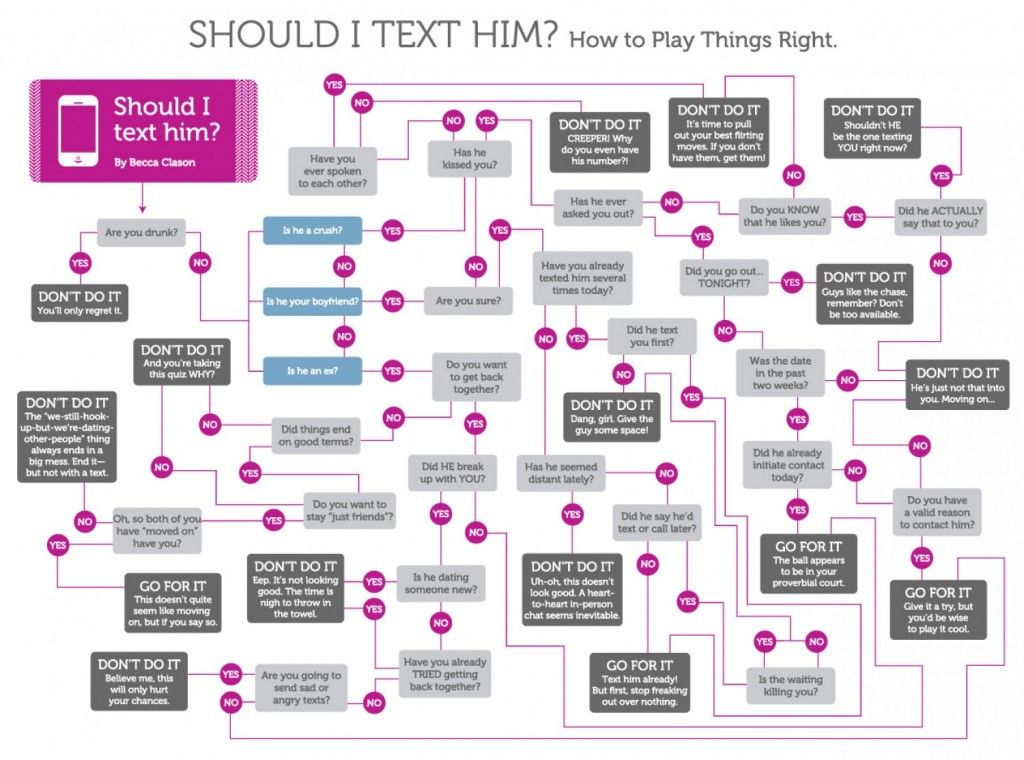
Give yourself a break. Take care of yourself. This does not mean that you need to take sick leave and quit. Work and communication, on the contrary, will help to distract. But if you don't feel like it, don't do it - try to live at your own pace and solely for your own sake. If there are many other things, delegate them to others. Tell us about your problems, ask for help. Remember that this pain is not for life. nine0003
Subscribe to The Challenger!
Ghosts of the former: how to get past relationships out of your head - Psychology
Relationships
Breakup is not easy for everyone. Many are so immersed in negative thoughts that they break away from real life. WomanHit.ru found a solution to help you in this situation
WomanHit.ru found a solution to help you in this situation
Maria Blavatsky
18 December 2018 14:00
How to forget about past relationships?
Photo: pixabay.com/ru
It is very difficult to start a new life if the shadow of a previous relationship hangs over you. Not everyone knows how to drive away the past. We will try to help you understand yourself and your past experiences so that you can turn over your life to a new chapter.
Take action
Movement is the basis of our life, so there is no need to sit still, acquiring negative thoughts from the past. Your problems will not solve themselves. Get up and make an effort. This method of action will teach you to move forward and not stop, which will help you survive the crisis during a breakup. nine0003
Learn from past experience
Photo: pixabay.com/ru
Stop blaming yourself
Nothing in the world is perfect, especially ideal people. Of course, in past relationships there is also your fault, but is it worth killing yourself like that? Every break has a reason. Perhaps your expectations with a partner did not come true, you could not give him what he wanted, and he, in turn, did not satisfy some of your needs. In this situation, it is natural that you feel bitterness. But there is no need to linger in this state, forgive yourself. nine0003
Of course, in past relationships there is also your fault, but is it worth killing yourself like that? Every break has a reason. Perhaps your expectations with a partner did not come true, you could not give him what he wanted, and he, in turn, did not satisfy some of your needs. In this situation, it is natural that you feel bitterness. But there is no need to linger in this state, forgive yourself. nine0003
Think positive
There is no relationship that is built entirely on negativity. Think back to the wonderful moments you had with this person. Nothing can be changed now, even if it seems to you that you could at some point act differently. Think positive and smile. Try to drive away negative thoughts as far as possible.
Think positive
Photo: pixabay.com
Learn from past experience
However, if there is some sin behind you from a past relationship, there is no need to exacerbate already unpleasant feelings.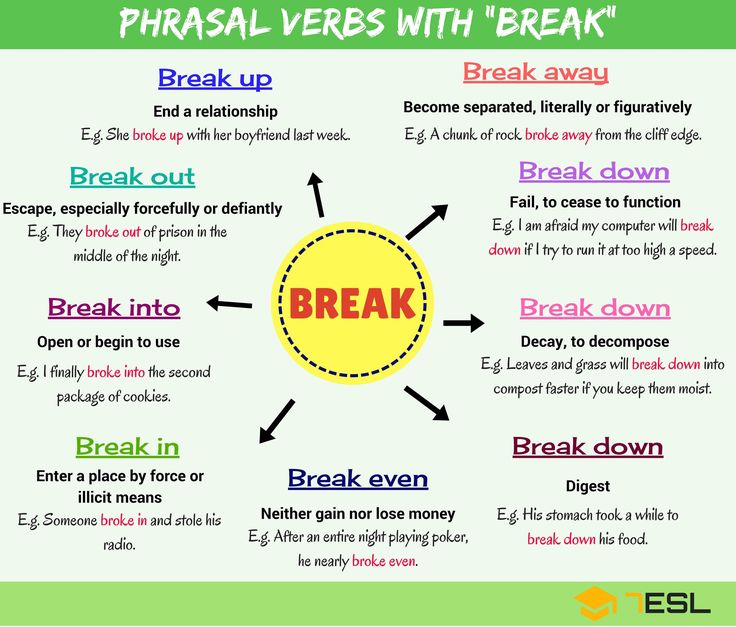 You won't hurt anyone but yourself. Nothing can be changed, you will not change the past, you can only rethink what happened and continue not to repeat your own mistakes.
You won't hurt anyone but yourself. Nothing can be changed, you will not change the past, you can only rethink what happened and continue not to repeat your own mistakes.
Pay attention to yourself
Your former partner can think whatever they want about you, live and communicate with anyone. Your job is to focus on yourself. If you don't think of yourself, no one will. Many women love to build imaginary dialogues between themselves and their ex, but understand: all this happens only in your head and has nothing to do with reality, let go of thoughts about this person, now he has his own life, and you have your own. nine0003
Pay attention to yourself
Photo: pixabay.com/ru
Think about the future
As many psychologists say: "Look forward, into the future, then you will not have time to look back." You have gained experience in past relationships, and now this experience will serve you well when you meet your new love.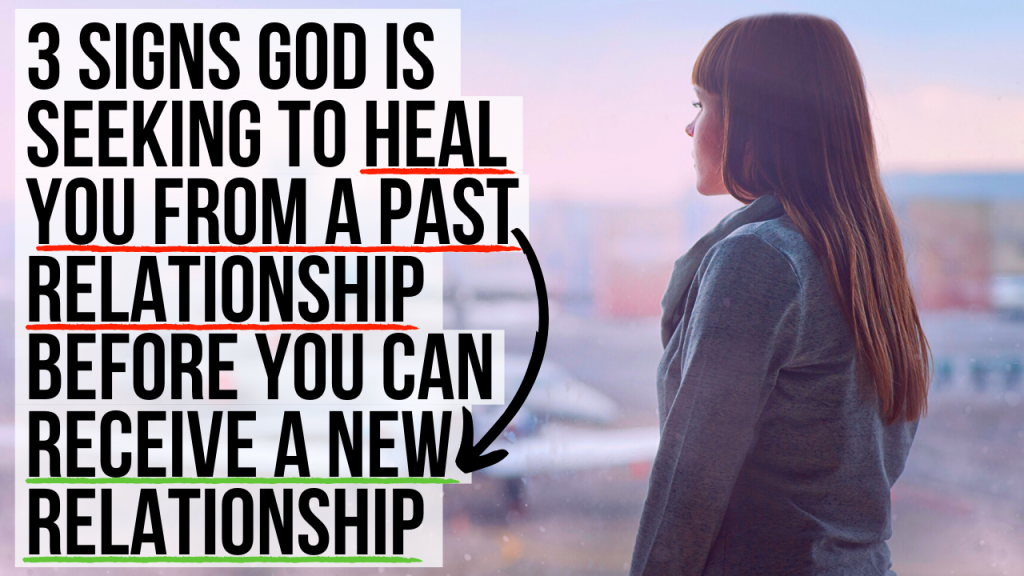 Of course, from time to time you can remember what happened once between you, but do not let these thoughts settle too often and deeply in your head. nine0003
Of course, from time to time you can remember what happened once between you, but do not let these thoughts settle too often and deeply in your head. nine0003
Don't bother trying to forget him
You still can't do it. When we try to forget something, we start doing unnatural things. Past relationships are part of your life. No need to kill this part. Perhaps a little later, your brain itself will bring you less and less of these memories.
Understand that everything in life changes
Nothing lasts forever. Accept this so you can move on. Change is part of becoming a person. You can go all out, but there are things we can't control. Live here and now, otherwise you risk losing what you already have. nine0003
Don't bother trying to forget him
photo: pixabay.com/en
Find an alternative
Instead of driving yourself into the abyss of sad memories for days on end, get together and go somewhere with friends or family.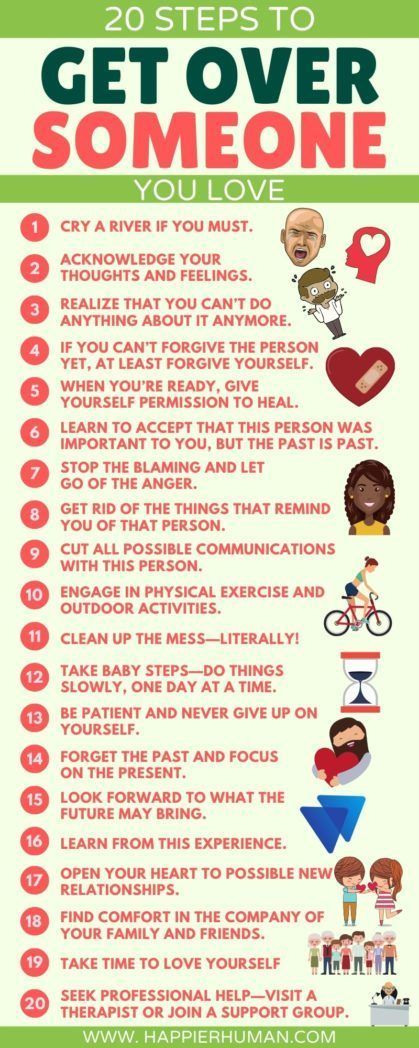 Good company can lift you out of a depressed state.
Good company can lift you out of a depressed state.
Help others
This is a very good distraction. It is not at all necessary to change the world in a global sense, just pay attention to those who are close to you. When you share emotions with people, they come back to you in double size. nine0003
It is hard for every human being to experience a breakup, but it is inevitable. So don't dwell on the past, look ahead instead.
Subscribe to our channel in Yandex.Zen
breakup, relationship, psychological advice, parting, relationship between a man and a woman
How to stop overeating during the holidays
We listen to advice and recommendations from a nutrition specialist and confectioner Dmitry Duran
3 life hacks in the image that will help you accept and love yourself with any type of figure
Stylist Ekaterina Daneliya suggests how to get closer to self-acceptance with the help of simple tricks in the image
What needs to be done on New Year's Eve to attract good luck
Bioenergy therapist Mirella Gasanova told about important holiday rituals from around the world to WomanHit.